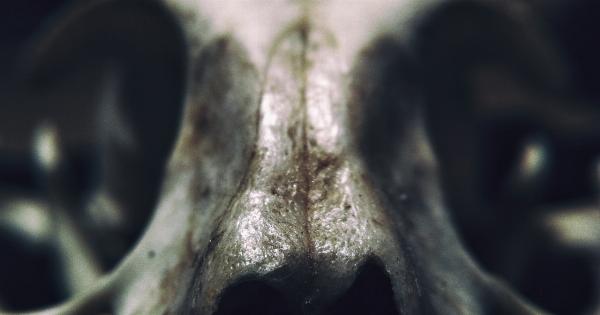Dreams have fascinated human beings for centuries, and while they remain somewhat mysterious, scientists have made significant progress in understanding this unique aspect of the human experience.
Dreams occur during the rapid eye movement (REM) stage of sleep, and they are believed to serve several important functions.
Function of dreams
1. Processing emotions.
2. Memory consolidation.
3. Problem-solving.
4. Enhancing creativity.
Processing emotions
Dreams often revolve around our emotional experiences, and they provide an avenue for us to process and deal with these emotions.
When we dream, the brain processes and integrates our feelings, helping us make sense of challenging or intense experiences.
Memory consolidation
Dreams play a crucial role in consolidating and storing memories. During sleep, the brain strengthens and organizes the memories we’ve formed while awake.
Dreams, particularly those occurring during REM sleep, help solidify these memories, making them easier to access and recall later.
Problem-solving
Many creative breakthroughs and problem solutions have been attributed to dreams. Dreams allow the brain to work through complex problems by making connections and associations that may not be immediately apparent.
They provide a unique environment where ideas can merge and combine freely, leading to innovative solutions.
Enhancing creativity
Dreams have been a source of inspiration for artists, writers, musicians, and inventors throughout history. The surreal and imaginative nature of dreams often sparks creative thinking and fuels innovation.
The science behind dreaming
While dreams have long been a subject of fascination, scientists have made significant strides in understanding the physiological processes that underlie dreaming. During REM sleep, the brain becomes highly active, almost as active as when we are awake.
This increased brain activity during REM sleep is believed to be the primary driver of dreaming.
REM sleep and dream cycles
On an average night, individuals experience multiple REM cycles, each accompanied by vivid dreams. As the night progresses, the duration of REM sleep increases, and the dreams become longer and more intense.
The first REM cycle typically lasts for a short duration, but subsequent cycles can last up to an hour or more.
Dream frequency
It is estimated that individuals have multiple dreams throughout the night, typically ranging from three to six dreams. However, most dreams are forgotten upon waking, with only a few vivid or emotionally-charged ones being recalled.
Are dreams meaningful?
The meaning of dreams has been a subject of debate and interpretation across various cultures and periods. Some believe that dreams hold significant symbolic meanings and can provide insights into our unconscious desires and conflicts.
Others view dreams as random and meaningless neural activity. The exact nature and meaning of dreams remain a topic of ongoing research and speculation.
Common dream themes
While the content of dreams can vary widely from person to person, there are some common themes that many individuals experience:.
1. Falling.
2. Flying.
3. Being chased.
4. Teeth falling out.
5. Being naked in public.
6. Exam or test anxiety.
7. Being unprepared.
8. Being late.
9. Familiar people or places.
10. Lost or trapped.
Interpreting dreams
Dream interpretation is a highly subjective and personal endeavor. Different symbols and themes may carry different meanings for each individual.
Various theories and methods exist for interpreting dreams, including psychological, cultural, and spiritual approaches.
Conclusion
Dreams continue to intrigue and captivate us, offering a glimpse into the mysterious workings of our minds.
While the exact purpose of dreams may remain elusive, scientific research suggests that they serve important functions such as emotional processing, memory consolidation, problem-solving, and creativity enhancement. Whether dreams hold hidden meanings or are simply a byproduct of brain activity during sleep, they remain a fascinating aspect of the human experience.





























